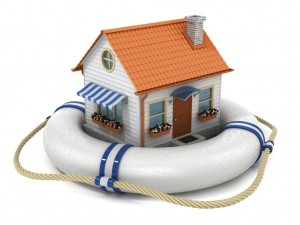Tips for Condo Buyers

- What exactly are your ownership and voting rights within the association?
- What percentage of the common expenses are you be liable for – many units offer different floor plans of various sizes, with each one making up a percentage
- What restrictions are in place regarding the common elements and your unit?
- Is there planning in place for further units to be constructed? Â If so, how many and when?
- Does the developer have any options NOT to complete any of the facilities or amenities?
- Is there a history of resident complaints at the condominium?
- Is the Condominium Association currently involved in any form of litigation?
- Does the Condominium Association have reserved funds set aside for maintenance projects and future capital expenditures?
- What about pets – are there ANY restrictions?
- Can you rent or sell your condo without restrictions?
- Are there any restrictions regarding family and friends using, staying with, or occupying the unit?

















 Kim N. Bregman
Kim N. Bregman